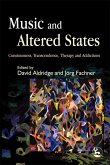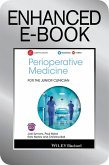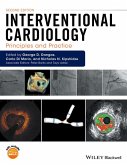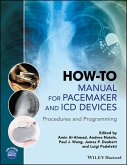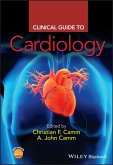Recent studies show that music can reach the parts of the human brain that are linked to addiction, and can function as an integral part of recovery. This research-based, practical book demonstrates how music and music therapy can be applied in a variety of treatment settings to bring about therapeutic change.
Addictions such as alcohol, gambling and drugs are all covered in this interdisciplinary text, and chapters explore everything from the meaning of music in the lives of addicts to devising music therapy programs, enhancing coping strategies and preventing relapse. Lifestyle issues are also considered, along with the role of therapeutic communities, and connections in the brain between addiction, music, memory and emotion. The strategies outlined are relevant to addicts and recovering addicts of all ages.
This book will be of interest to music therapists, substance abuse counsellors, and anybody else interested in the relationship between music and addiction and the therapeutic use of music.
Addictions such as alcohol, gambling and drugs are all covered in this interdisciplinary text, and chapters explore everything from the meaning of music in the lives of addicts to devising music therapy programs, enhancing coping strategies and preventing relapse. Lifestyle issues are also considered, along with the role of therapeutic communities, and connections in the brain between addiction, music, memory and emotion. The strategies outlined are relevant to addicts and recovering addicts of all ages.
This book will be of interest to music therapists, substance abuse counsellors, and anybody else interested in the relationship between music and addiction and the therapeutic use of music.
Dieser Download kann aus rechtlichen Gründen nur mit Rechnungsadresse in A, D ausgeliefert werden.



